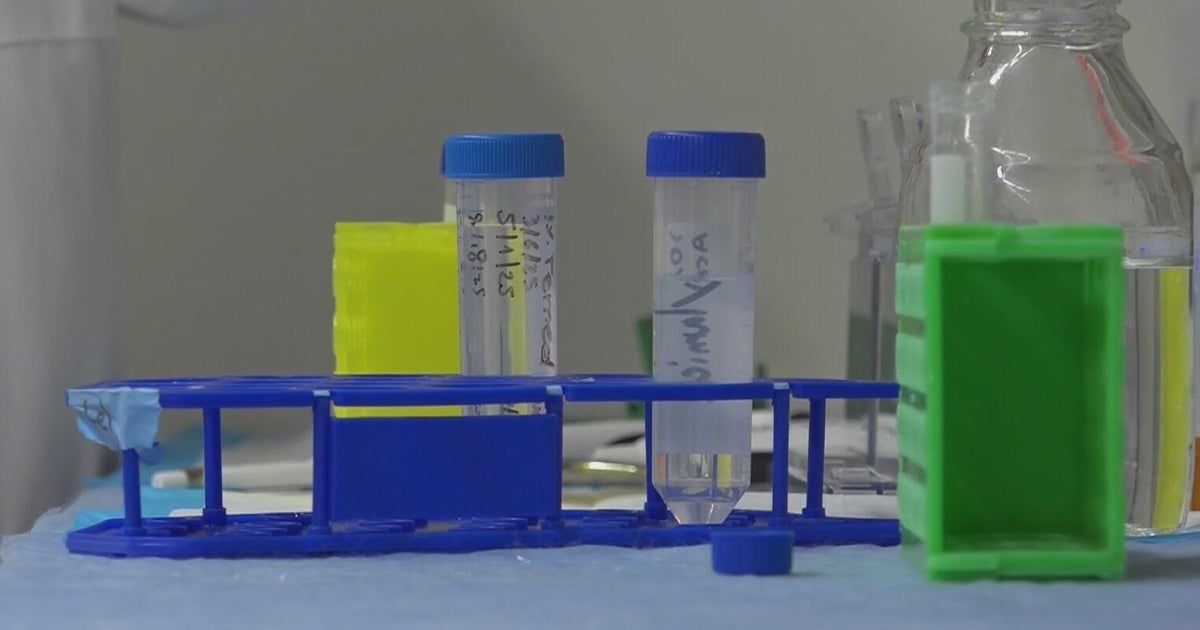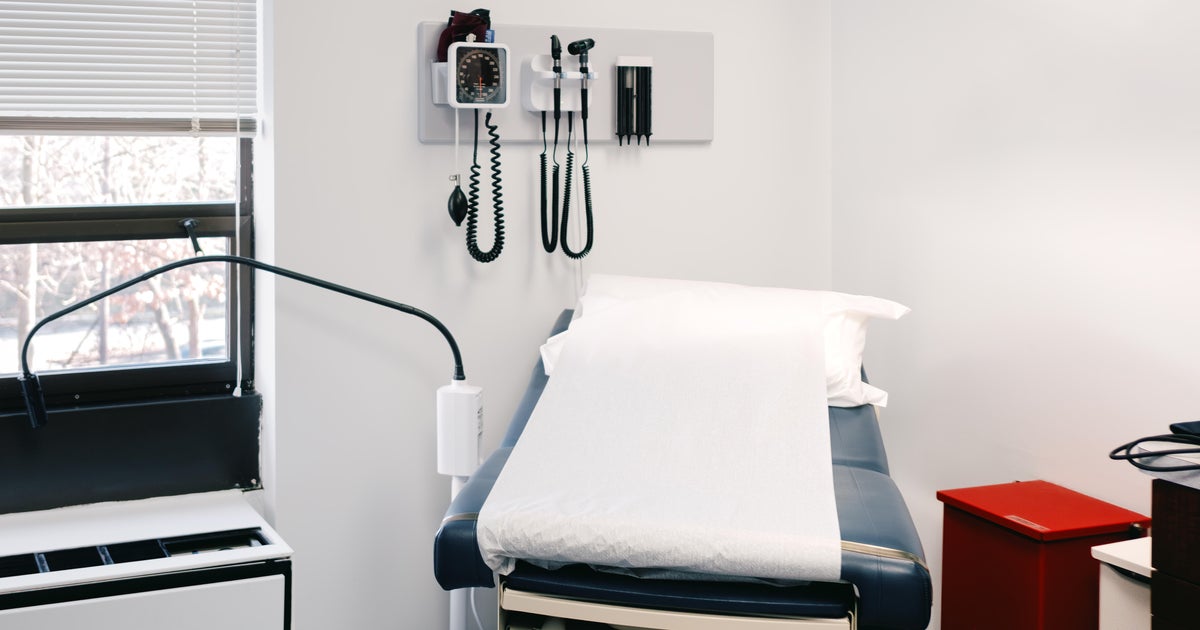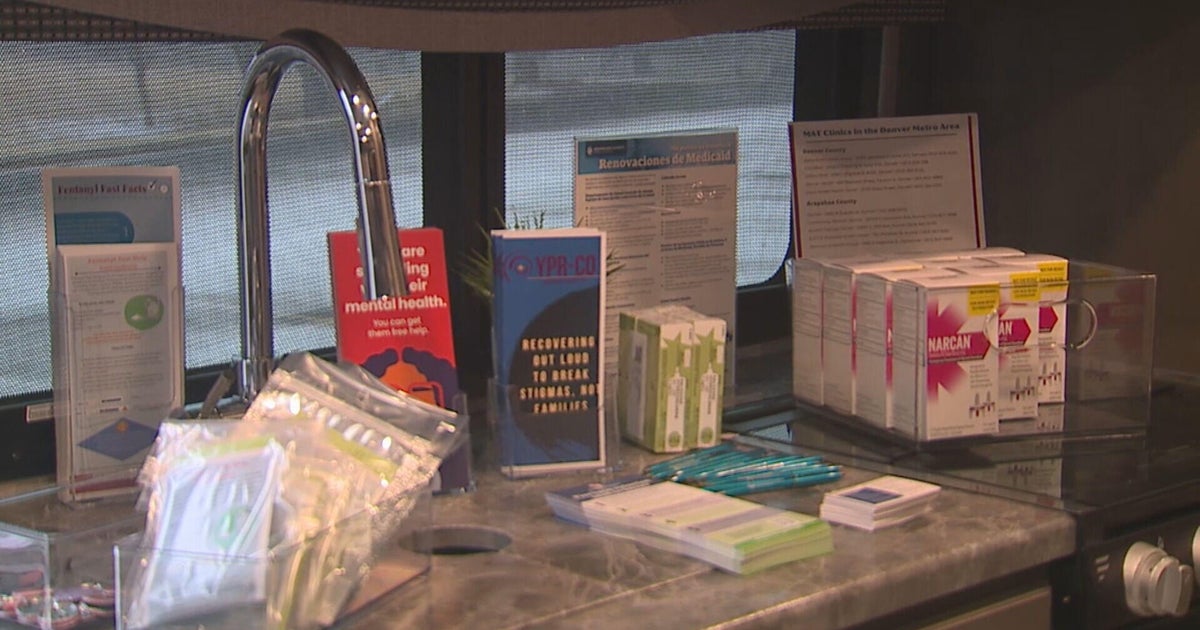CDC director defends N95 mask restrictions despite greater supply
The Biden administration is rejecting calls to change current guidelines that discourage the public from wearing N95 respirators, the high-filtration masks currently reserved for health care workers, although some manufacturers say a growing domestic surplus has gone unused.
Dr. Rochelle Walensky, director of the Centers for Disease Control and Prevention, told reporters Wednesday that the agency still believed standard, well-fitting cloth masks were sufficient to curb the spread of COVID-19.
"For reasons supported by science, comfort, costs, and practicality, the CDC does not recommend routine use of N95 respirators for protection against COVID-19 by the general public," said Dr. Walensky. She cited "abundant" research showing masks "now available to the general public are working."
"It's a highly engineered device and not everybody needs that," said Dave Rousse, president of the Association of the Nonwoven Fabrics Industry. He pointed out, "You're paying not just for the materials, but the fabrication, the testing, and the quality control."
But some experts, including over a dozen scientists and three members of the COVID-19 advisory board President Biden consulted during his transition, have called on the administration to relax guidelines restricting the use of the medical-grade masks so they can be recommended for "all workers in healthcare and related sectors, not just those with direct care of COVID-19 patients."
"The failure to address inhalation exposure to SARS-CoV-2 continues to put workers and the public at serious risk of infection," they wrote in a letter dated Monday.
Is there a shortage of N95 masks? Depends on who you ask.
N95 mask manufacturers say supply now exceeds U.S. demand. Prices have also plummeted from record highs early in the pandemic.
"We are not experiencing a shortage in N95s for current use," said David Gillan, senior vice president of sourcing for Vizient, a major health care purchasing organization.
Vizient's membership includes over half of U.S. hospitals. At the pandemic's peak, the company estimates demand for the respirators from hospitals spiked 309%.
Gillan suggested the surplus is great enough to enable many hospitals to build up their own reserves after finding defects last year in protective equipment from the federal stockpile.
"When a lot of those products showed up, it was old and brittle. The elastic broke. The outer lining was cracked," recalled Gillan.
Still, the Food and Drug Administration continues to list the medical-grade masks as being in short supply. The CDC has recommended using KN95 masks, commonly made in China, as an alternative.
And Dr. Suzanne Schwartz, director of the FDA's Office of Strategic Partnerships and Technology Innovation, said the agency is still receiving reports of "spot shortages." She warned supply could again evaporate as more providers end their "conservation strategies."
"Determining whether there is ample product in the supply chain to serve what we call 'unconstrained demand' … is challenging," said Dr. Schwartz.
Many newer manufacturers have been struggling to sell their masks to hospitals. Updating federal guidelines to expand N95 availability to other categories of health care industry customers could mean more business for these suppliers.
But some of factory owners, like Texas-based Lloyd Armbrust, question the quality of the masks that are being produced by lesser-known companies.
"They're just trying to make a buck. So to check a box, they went and had a third-party lab, paid him $5,000, and got 30 of their products tested," said Armbrust, who produces surgical and N95 masks and touted his startup's work to win over skeptical hospitals — including internal audits of their filters to making improvements in response to a health care chain's feedback.
Gillan, too, pointed out some substantial failures in masks made by such factories. 'We've seen a number of — I wouldn't call them fraudulent — but they don't meet the standards of the hospital or when the hospital gets them, the fit testing fails," he said.



